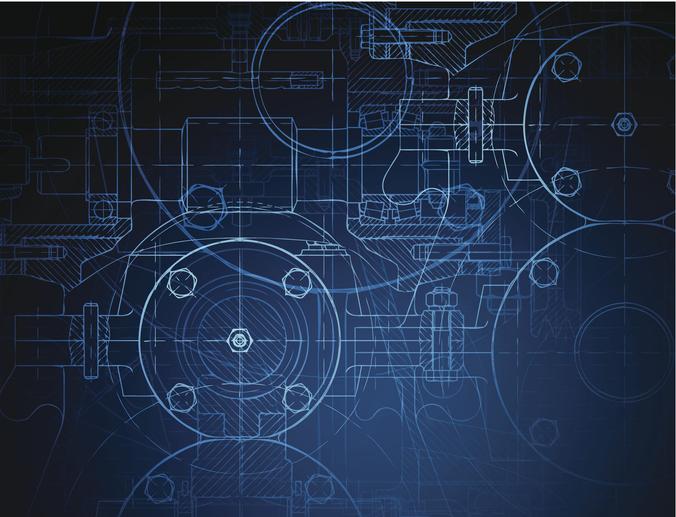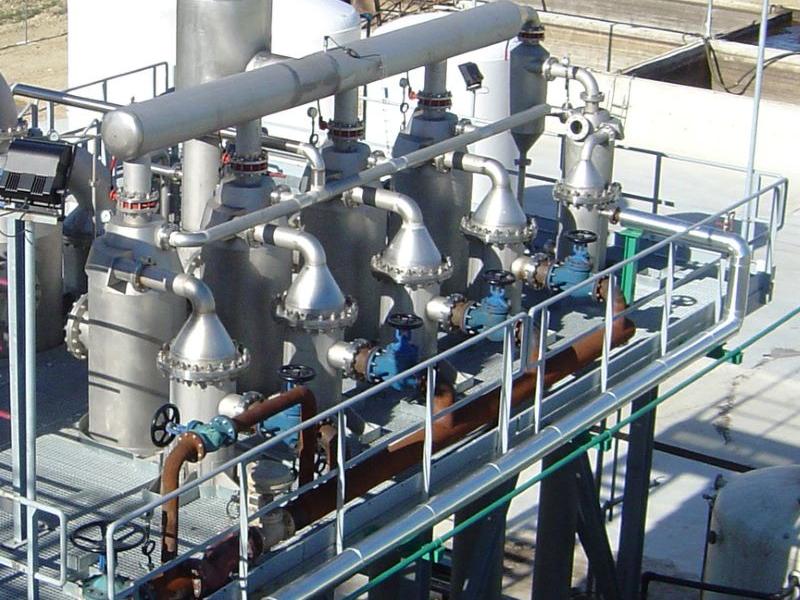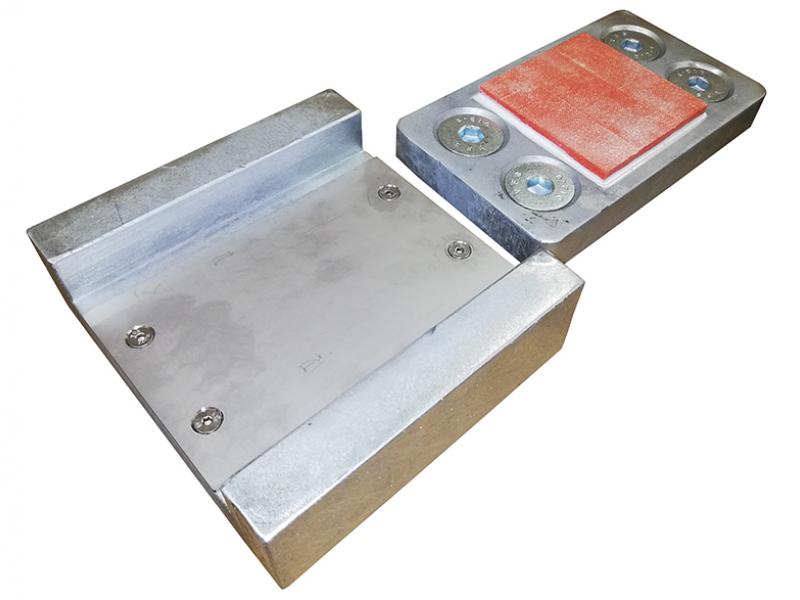The Ministry of Business, Innovation and Employment (MBIE) has announced that Cabinet has agreed to progress with a new regulatory regime for professional engineers.
“Engineering is a highly skilled profession and our regulations need to reflect this,” says Amy Moorhead, Manager Building Policy, MBIE.
“We want to ensure that all practising engineers are highly trained, skilled and experienced in the work they do and that they are able to be held to account.”
Cabinet has agreed to proposals to develop a bill to introduce a new two-tiered regulatory regime for engineers, and to establish a new regulator to oversee the regime.
“The bill will require all engineers to be registered, and for those in higher-risk disciplines to be licensed in order to practise. While a large number of engineers are highly professional, there are too many that are practising with no checks on their professionalism or competence and there are few means to hold them to account if their standards slip.”
In order to be registered under the new regime, engineers will need to have a minimum qualification, and be subject to a code of ethics and continuing professional development requirements.
To be licensed for higher-risk work, engineers will need to meet stricter competency criteria and reapply for their licence to be renewed periodically. This will ensure that only competent practitioners with relevant expertise and appropriate skills could provide certain engineering services.
“Engineering work affects us all in the buildings, tools, machinery and infrastructure we interact with every day. While the vast majority of engineers consistently deliver top quality work, substandard work has the potential to present risks to the public and the environment and can be expensive to remediate.
“Improving the regulation of engineers will minimise the potential for things to go wrong, protect New Zealanders from the risk of unexpected remediation costs, and give the public greater confidence that professional engineers are all acting within their areas of competence,” says Amy Moorhead.
“While the probability of significant harm occurring from engineering work in New Zealand is low, the consequences can be catastrophic. We are introducing the new regime following lessons learned from engineering failures here and overseas, including from issues identified after the Canterbury earthquakes, so that we can reduce the risks for future events. The new regulatory regime for engineers will help minimise the possibility of further failures happening from new engineering work.”
As part of the decisions made at Cabinet, an Engineers Registration Board would be established to be supported by a Registrar, Complaints Officer and Disciplinary Committee. MBIE would be the default Registrar and Complaints Officer, with the opportunity for other Registrars to be appointed and the Complaints Officer function reassigned.
Cabinet’s decisions have been made following a 2021 public consultation on proposed changes to the occupational regulation of engineers. MBIE received 250 submissions, predominately from the engineering profession. Eighty-four per cent of submitters agreed that there were grounds for intervention, and 81 per cent agreed that all engineers should be subject to occupational regulation.
“We received overwhelming support for these proposals from the public consultation. It’s clear that not only is it in the best interest of New Zealanders, but engineers want to ensure our regulations are supporting them to be highly trained, skilled and accountable,” Amy Moorhead says.
Proposed details of the scheme are being worked through by MBIE and a bill is expected to be introduced later in 2022.
The proposals are being progressed as part of MBIE’s building law reform programme, a series of reforms to building laws to lift the efficiency and quality of building work, and provide fairer outcomes if things go wrong.
Engineering New Zealand welcomes regulatory change
Engineering New Zealand welcomes the Ministry of Business, Innovation and Employment’s announcements on changes to the way engineers are regulated. The introduction of mandatory registration and licensing will assure the public that all practicing engineers are appropriately qualified and performing services with professional care and skill.
Engineering New Zealand President Rosalind Archer says, “The profession has been calling for strengthened regulation for many years. This is a very positive development.”
In the future all practicing engineers will need to be registered. Engineers working in practice fields that pose a higher risk to life, health, property, economic interests, public welfare or the environment will also need a licence.
The current Chartered Professional Engineers register, which is a voluntary mark of competence, will be phased out within six years after the new legislation comes into force.
MBIE consulted on proposals for occupational regulation in May 2021. As administrator of the current system, Engineering New Zealand submitted on these proposals after wide consultation with the engineering profession. The decisions released this week support Engineering New Zealand’s calls for an occupational regulation system that is simple and works for the whole profession, wider industry and public.
Many of the details of the new system are still to be worked through, including decisions on who will manage the new regulatory services. These decisions aren’t expected to be made until after the primary legislation is passed.
Dr Archer says, “Today’s decisions provide a level of certainty, which the profession has long asked for. More importantly, the new regulatory framework will give the public increased confidence that engineers are appropriately qualified, are working within their competency, and can be held to account if things go wrong.”






